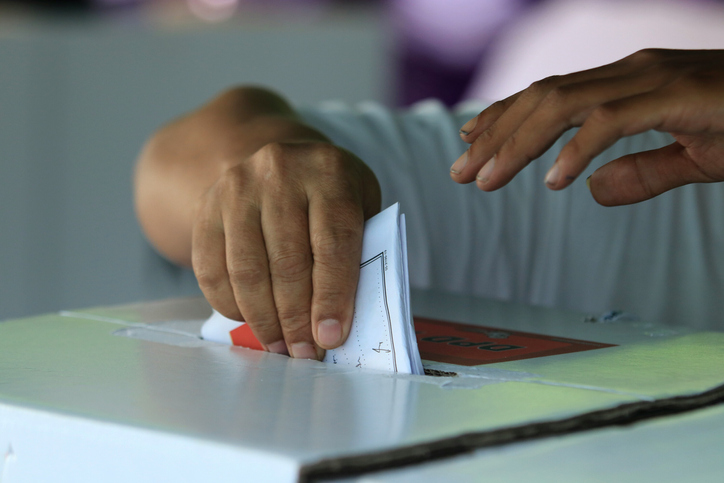Tripoli – Libya’s election commission on Saturday delayed publication of a final list of candidates for a presidential election scheduled in less than two weeks.
It is just the latest twist in a UN-led effort targeting December 24 presidential polls intended to help the oil-rich North African country move past a decade of violence.
The process has been undermined by bitter divisions over the legal basis for the elections, their dates, and who should be allowed to run, with a string of controversial figures stepping forward.
Analyst Jalel Harchaoui of the Global Initiative think tank said the “inevitable” consequence of the latest procedural delay was the postponement of polling day.
The first round of the presidential election “cannot take place on December 24 because the candidates have the right to two weeks of official campaigning after the publication of the definitive list,” Harchaoui told AFP.
ALSO READ | Libya upper house calls for election delay
The election commission did not give a new date for issuing the list.
Rules governing the ballot – which would be the first time a Libyan head of state is chosen by universal suffrage — say the commission should publish the list of candidates two weeks after final court rulings and appeals related to candidacies.
On December 2 a Libyan court reinstated Seif al-Islam Kadhafi, a son of slain dictator Moamer Kadhafi, as a candidate.
A day earlier, an appeals court in Tripoli rejected petitions against the candidacy of interim Prime Minister Abdulhamid Dbeibah, who heads the Tripoli-based unity government established in March and charged with leading the country to presidential and legislative elections.
Another main contender is eastern Libya strongman Khalifa Haftar.
‘Emerging challenges’
The coordinator of the UN mission in Libya, Raisedon Zenenga, met with elections commission chief Emad al-Sayeh on Saturday to discuss the “current state and trajectory of the electoral process,” the UN mission said.
He commended the commission for the progress it had made on technical preparations but “stressed the importance of addressing emerging political and technical challenges that could disrupt progress”.
Libya descended into chaos with the Nato-backed 2011 revolt that overthrew and killed Muammar Gaddafi.
A year of relative peace followed an October 2020 ceasefire between warring eastern and western camps, but analysts have warned that violence could easily flare again surrounding the elections.
ALSO READ | Libya court reinstates Gaddafi’s son as presidential candidate
A statement on the election commission’s website said it must still adopt a series of judicial and legal measures “before proceeding to the publication of the definitive list of candidates and the start of their electoral campaign”.
It added that success of the electoral process cannot be borne solely by the elections commission “since the results will cast a shadow over the present and future of the country”.
The commission said it is being careful not to limit its role to implementing the law, but ensuring that its functions extend to “correct interpretation of the law.”
It is saying that it can’t publish the list because it anticipates a judicial challenge that could shake the eligibility process, according to Harchaoui.
Follow African Insider on Facebook, Twitter and Instagram
Picture: Getty Images
Source: AFP
For more African news, visit Africaninsider.com


